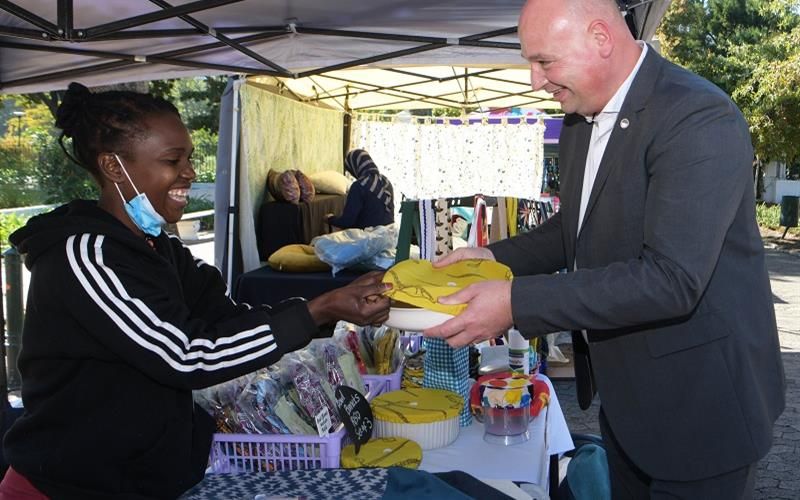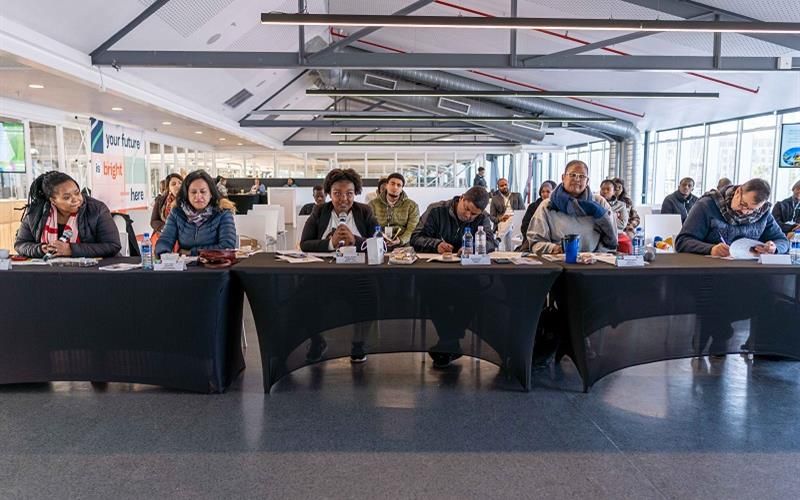The City of Cape Town has recently approved a zero percent increase on Informal Trading Permits for the 2023/2024 financial year. This decision is a significant move towards supporting informal traders in the city and fostering job creation and economic growth.
Focus on Informal Trading
Informal trading is a major contributor to the local economy in Cape Town and a lifeline for many Capetonians. Alderman James Vos, the City’s Mayoral Committee Member for Economic Growth, presented the proposal to the Council, emphasizing the importance of informal trading in the city. This decision aligns with the City’s Ease of Doing Business Index, launched in May, which focuses on facilitating infrastructure investment and economic growth in Cape Town.
Upgrading Informal Trading Infrastructure
The zero percent increase on Informal Trading Permits is part of a more comprehensive plan to stimulate innovation and economic expansion within the informal economy. The City has allocated nearly R100 million towards capital expenditure projects in the 2023/2024 Budget, with more funds directed towards upgrading informal trading infrastructure. This initiative is aimed at providing traders with dignified, accessible, and smarter environments for conducting their businesses.
E-Permitting System Upgrade
As part of the plan, the City is working on upgrading its e-permitting system to enhance support and interaction with the informal trading sector. This initiative builds on the infrastructure upgrades carried out last year, such as the Uluntu Plaza in Happy Valley, Blackheath, as well as trading sites in areas like Kuils River, Dunoon, Mitchell’s Plain, and Ravensmead.
Tailored Informal Trading Plans
Further developments are underway in various communities around the metro, including Mfuleni, Atlantis, and Masiphumelele. These upgrades align with informal trading plans tailored to each area’s unique conditions. To ensure their functionality and business conditions, Alderman Vos plans to visit these sites personally.
Encouraging Engagement
Informal traders are encouraged to engage with the City’s team and participate in training workshops or sign up for online sessions to learn more about the City’s initiatives and support. The email address for contacting the team is informal.trading@capetown.gov.za, while online sessions can be found at https://www.investcapetown.com/news-events/business-events/.
In conclusion, the City of Cape Town’s latest decision to maintain a zero percent increase on Informal Trading Permits for the 2023/2024 financial year demonstrates its dedication to boosting the local economy and supporting the livelihoods of its residents. By investing in infrastructure, providing accessible resources, and fostering a business-friendly environment, the City aims to nurture the growth and development of its informal trading sector.












